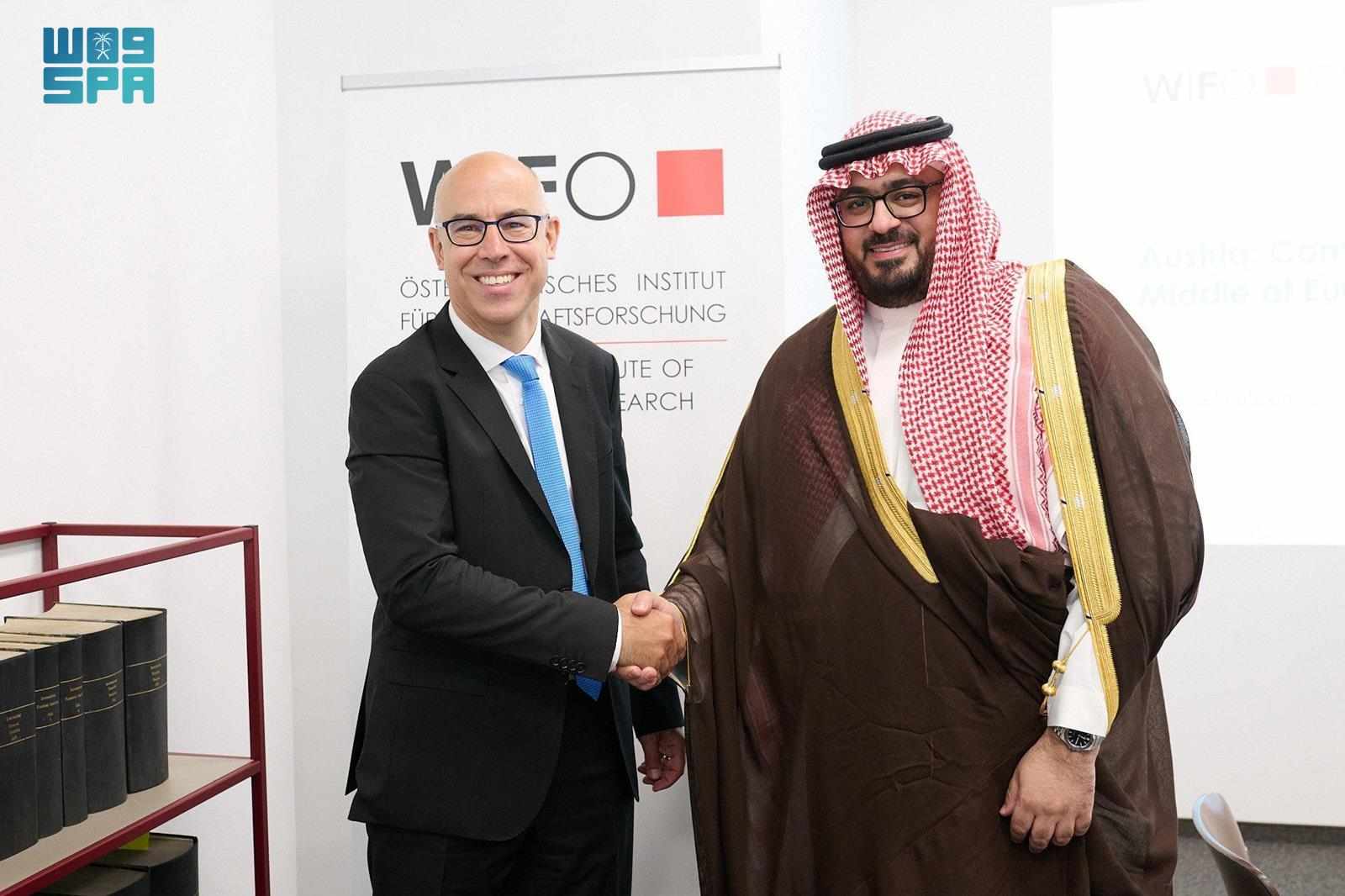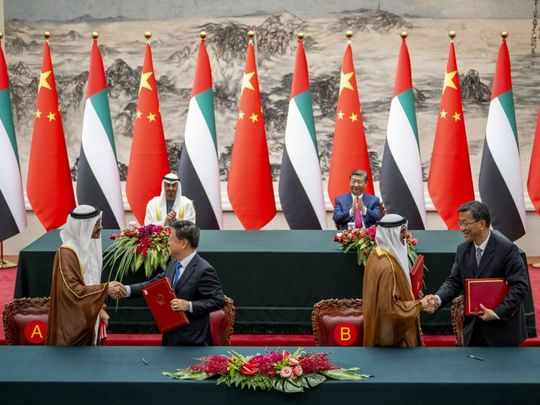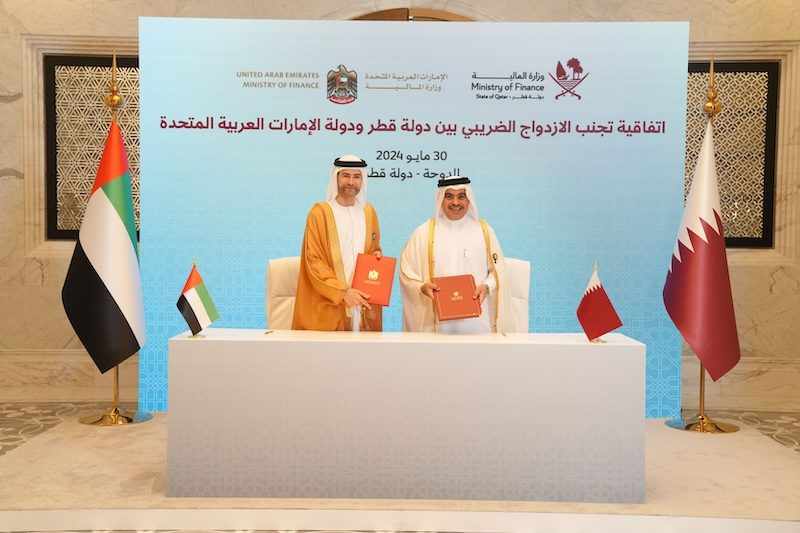Navigating M&A transactions, restructurings in the face of UAE’s corporate tax
- Date: 22-May-2023
- Source: Gulf Business
- Sector:Financial Services
- Country:UAE
Navigating M&A transactions, restructurings in the face of UAE’s corporate tax
The UAE has long been known for its business-friendly policies and tax-free environment. Following the introduction of VAT back in 2018 and corporate tax being rolled out starting in June 2023, UAE businesses and investors are getting used to the new reality – tax is here and it’s here to stay.
While some industries have had exposure to tax at an emirate level, most UAE businesses had to ensure that their accounting and reporting systems are able to capture the necessary data and produce accurate tax returns to enable them to comply with the reporting requirements.
Tax considerations are essential in a transactional context. In jurisdictions with developed tax regimes, tax implications are a priority when contemplating an M&A transaction or corporate restructuring. Not considering tax from the outset can be a costly oversight.
M&A transactions involve complex legal and financial arrangements that can span multiple countries and therefore, consequences of efficient tax structuring (or lack of) can reverberate across various jurisdictions.
In the UAE, companies will have to consider the tax implications of their deals, including the impact on their financial statements, cash flows, and tax obligations. UAE corporate tax structuring will have its own challenges, given the difference in treatment between free





















